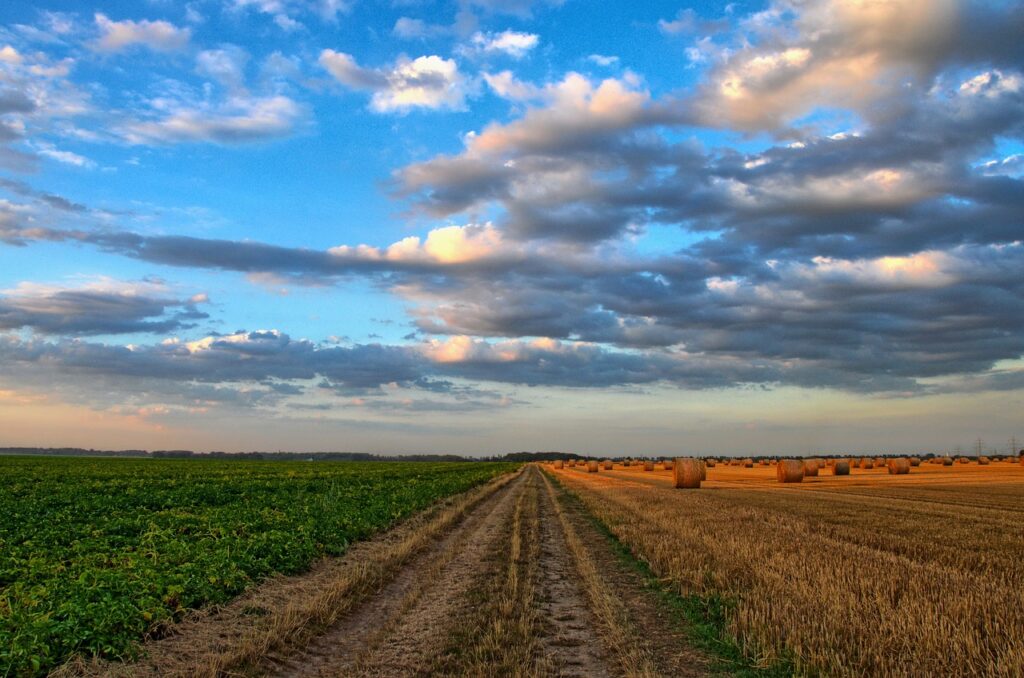The Impact of Nitrogen Fertilizers on the Environment
Fertilizers are substances that provide essential nutrients for plants to grow and produce food. They have been used for thousands of years to improve soil fertility and crop yields. However, in the last century, the use of synthetic fertilizers has increased dramatically, leading to many environmental problems. In this article, we will explore the impact of fertilizers on the environment and what we can do to reduce their harmful effects.
The Problem of Nitrogen Pollution
One of the main nutrients that plants need is nitrogen, which is abundant in the air but not readily available for plants to absorb. To solve this problem, scientists invented a process to make ammonia, a nitrogen-containing compound that can be used as a fertilizer. Ammonia is now the second-most commonly produced chemical in the world and has greatly boosted crop production and food security.
However, ammonia production requires a lot of energy, mostly from burning fossil fuels, which emits carbon dioxide, the main greenhouse gas that causes climate change. Ammonia production contributes between 1 and 2% of worldwide carbon dioxide emissions.
Moreover, plants only take up about half of the nitrogen they get from fertilizers. The rest either runs off into waterways or gets broken down by microbes in the soil, releasing nitrous oxide, another potent greenhouse gas that is 300 times more powerful than carbon dioxide. Nitrous oxide accounts for about 6% of global greenhouse gas emissions.
Nitrogen pollution also harms aquatic ecosystems, as excess nitrogen causes algal blooms that deplete oxygen and create dead zones where no life can survive. This affects biodiversity, fisheries, tourism and human health. Nitrogen pollution also affects terrestrial ecosystems, as excess nitrogen can change soil pH, reduce plant diversity, increase invasive species and damage forests.
The Solution of Sustainable Nitrogen Management
To address the problem of nitrogen pollution, we need to find ways to use less fertilizer without compromising crop yields. This can be done by adopting sustainable nitrogen management practices, such as:
- Using slow-release fertilizers that release nitrogen gradually and match plant needs
- Applying fertilizers at the right time, rate and place to avoid losses and runoff
- Using sensors and precision agriculture techniques to monitor soil and plant conditions and optimize fertilizer use
- Incorporating organic matter and legumes into crop rotations to enhance soil fertility and biological nitrogen fixation
- Implementing best management practices to reduce ammonia emissions from livestock manure and fertilizer storage
- Promoting integrated nutrient management that combines organic and synthetic fertilizers in a balanced way
Sustainable nitrogen management can not only reduce environmental impacts but also save money for farmers and society. According to the United Nations Environment Programme (UNEP), halving nitrogen waste from all sources by 2030 could save US$100 billion globally annually.

"We need to act now to reduce our nitrogen footprint and make fertilizer use more efficient and sustainable."

How to Reduce the Impact of Fertilizers on the Environment
Nitrogen is essential for life on Earth but in excess, it is a dangerous pollutant that threatens our climate, nature and health. We need to act now to reduce our nitrogen footprint and make fertilizer use more efficient and sustainable. This requires collaboration among governments, businesses, scientists and consumers to raise awareness, adopt policies and regulations, invest in research and innovation, and change behaviors and consumption patterns.
We can all play a role in reducing nitrogen pollution by:
- Choosing organic or low-nitrogen food products
- Eating less meat and more plant-based foods
- Composting food waste and using it as fertilizer
- Supporting farmers who practice sustainable nitrogen management
- Advocating for more action on nitrogen pollution at local, national and global levels
By doing so, reduce the impact of fertilizers on the environment, protect our environment and ensure food security for ourselves and future generations.
